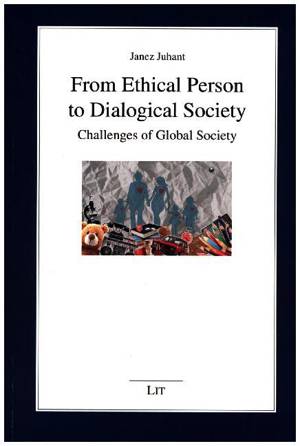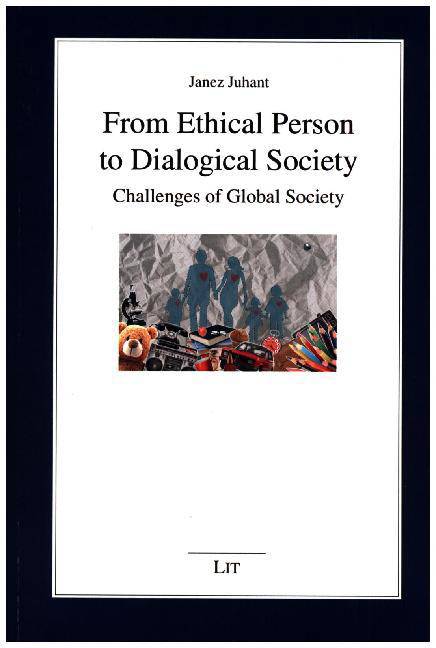
- Afhalen na 1 uur in een winkel met voorraad
- Gratis thuislevering in België vanaf € 30
- Ruim aanbod met 7 miljoen producten
- Afhalen na 1 uur in een winkel met voorraad
- Gratis thuislevering in België vanaf € 30
- Ruim aanbod met 7 miljoen producten
Zoeken
€ 29,45
+ 58 punten
Omschrijving
A person as an ethical being establishes herself/himself through dialogue with others. Dialogue is also an anthropological basis of a woman/man and of her/his growth as a person. The first years of life are particularly decisive. In these years, a young person assimilates the codes necessary to perceive the self, others, and, through them, the whole world. Dialogue is a basic task by which one's personal life is organized and how one acts in a human way. The emotional dimension is more important than the grammatical-symbolic one. Yet, a one-sided socio-cultural development hinders such personal dialogue. This is the very case in totalitarian systems, as well as in the consumer-society. Because of such obstacles, the global society needs a global dialogue to secure the life for future generations. This book examines the challenges of a dialogical development in a global society. (Series: Philosophy of Religion Forum / Forum Religionsphilosophie - Vol. 32)
Specificaties
Betrokkenen
- Auteur(s):
- Uitgeverij:
Inhoud
- Aantal bladzijden:
- 196
- Taal:
- Engels
- Reeks:
- Reeksnummer:
- nr. 32
Eigenschappen
- Productcode (EAN):
- 9783643904157
- Verschijningsdatum:
- 31/12/2013
- Uitvoering:
- Paperback
- Formaat:
- Trade paperback (VS)
- Afmetingen:
- 152 mm x 216 mm
- Gewicht:
- 290 g

Alleen bij Standaard Boekhandel
+ 58 punten op je klantenkaart van Standaard Boekhandel
Beoordelingen
We publiceren alleen reviews die voldoen aan de voorwaarden voor reviews. Bekijk onze voorwaarden voor reviews.











